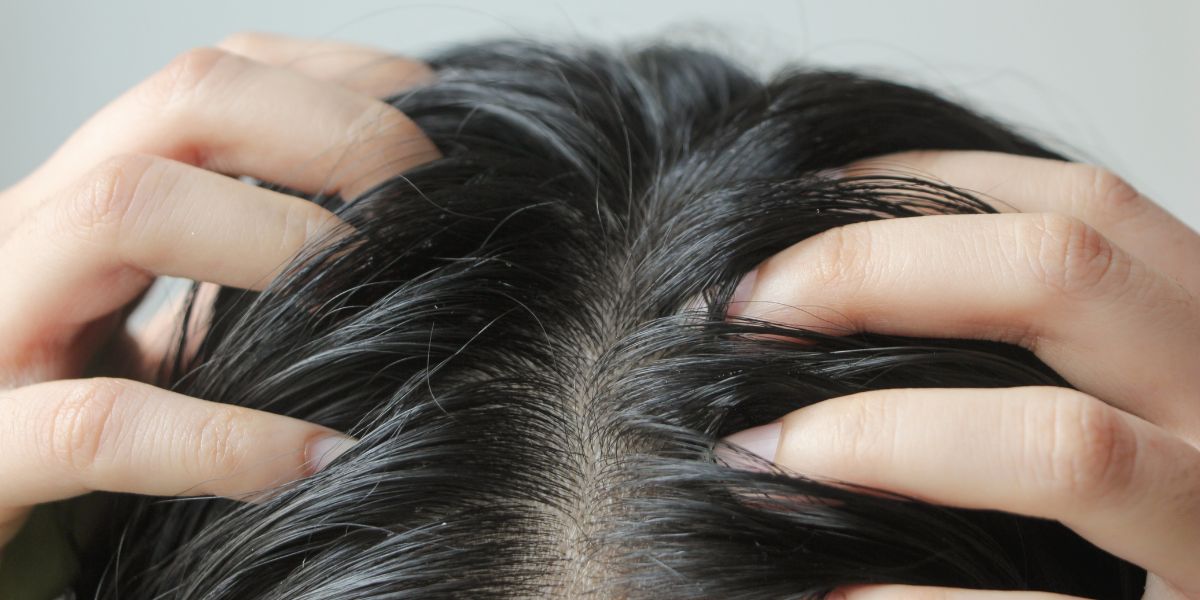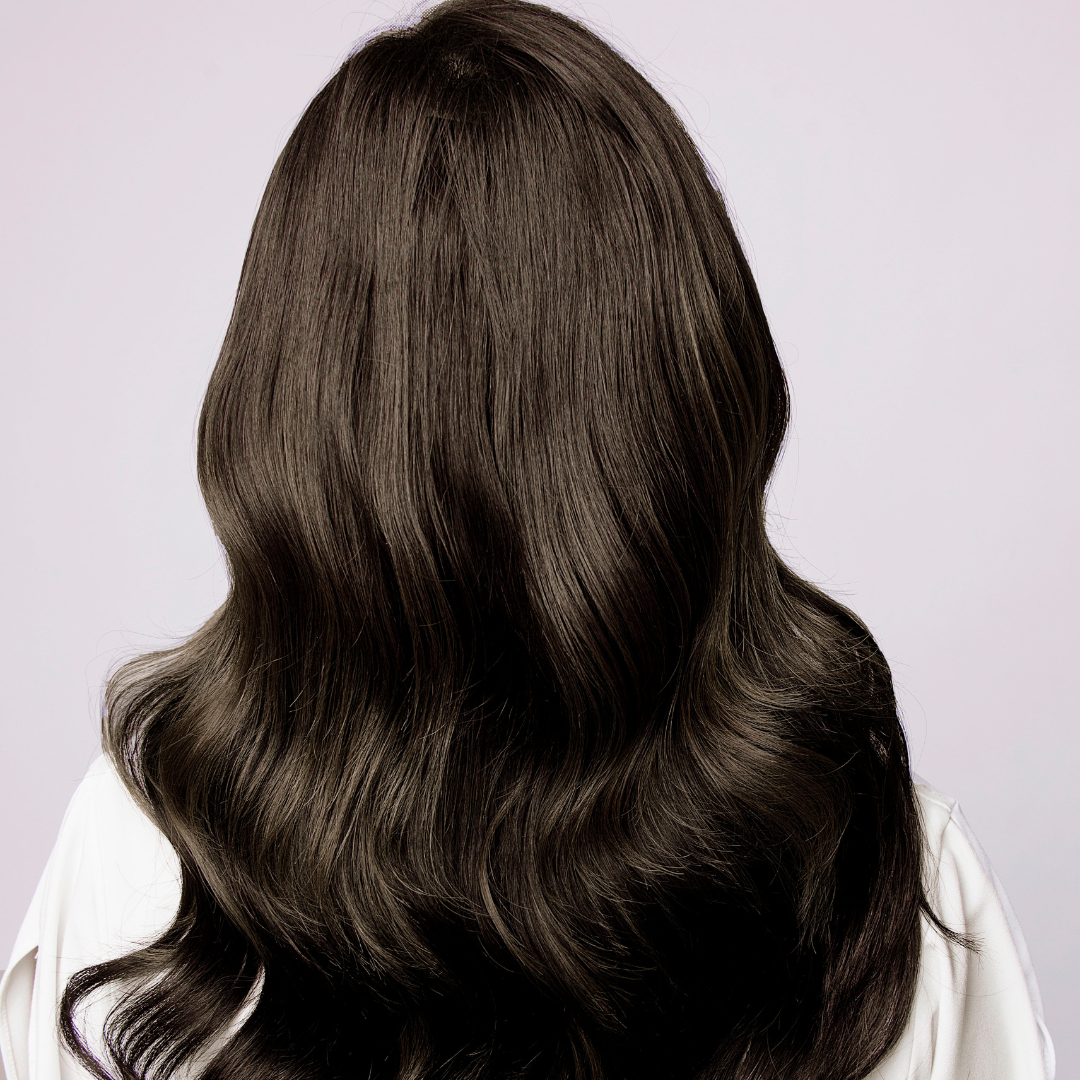Hair thinning and loss are common concerns for both men and women, but they can affect women differently due to various factors. While many assume that hair thinning primarily affects men, women also experience this issue, albeit often in a different pattern. In this blog post, we'll explore the reasons behind hair thinning in women, shedding light on the physiological, hormonal, and lifestyle factors that contribute to this condition. Understanding these reasons makes it crucial for women to take proactive steps to manage and prevent further hair loss.
Hormonal Imbalance:
Hormonal fluctuations, particularly during pregnancy, menopause, or thyroid disorders, can disrupt the hair growth cycle, leading to increased shedding and thinning.
Conditions like polycystic ovary syndrome (PCOS) can cause an imbalance in androgen hormones, resulting in hair loss in a male-pattern distribution.
Genetic Predisposition:
Female pattern hair loss, also known as androgenetic alopecia, is a hereditary condition that affects millions of women worldwide.
Women with a family history of hair thinning are more likely to experience similar symptoms, as genetic factors play a significant role in determining hair density and growth patterns.
Nutritional Deficiencies:
Inadequate intake of essential nutrients like iron, vitamins (especially B vitamins), and proteins can weaken hair follicles and hinder the production of healthy hair.
Iron deficiency anemia, often prevalent in menstruating women, is associated with hair loss and should be addressed through dietary changes or supplementation.
Stress and Anxiety:
Chronic stress triggers the release of cortisol, a stress hormone that can disrupt the hair growth cycle and lead to increased shedding.
Emotional stress, trauma, or sudden life changes can contribute to telogen effluvium, a condition characterized by temporary hair shedding and thinning.
Medical Conditions:
Certain medical conditions like autoimmune diseases (e.g., lupus, alopecia areata) and scalp conditions (e.g., seborrheic dermatitis, psoriasis) can cause inflammation and damage to hair follicles, resulting in hair loss.
Chronic illnesses, hormonal disorders, and infections can also impact hair health and density, necessitating medical intervention for proper management.
Medications and Treatments:
Some medications, such as chemotherapy drugs, anticoagulants, antidepressants, and hormonal contraceptives, list hair loss as a potential side effect.
Chemotherapy, in particular, targets rapidly dividing cells, including hair follicles, leading to temporary hair loss during treatment.
Over styling and Hair Practices:
Excessive heat styling, chemical treatments (e.g., bleaching, perming), and tight hairstyles (e.g., ponytails, braids) can damage the hair shaft and weaken follicles, contributing to hair thinning.
Improper hair care practices, such as vigorous brushing, frequent washing with harsh shampoos, and using tight hair accessories, can also exacerbate hair loss.
Aging Process:
As women age, the hair growth cycle slows down, and hair follicles may shrink in size, leading to thinner and less dense hair.
Decreased estrogen levels during menopause can further exacerbate hair thinning, as estrogen plays a protective role in maintaining hair health and growth.
Hair thinning in women can be attributed to a multitude of factors, including hormonal imbalances, genetic predispositions, nutritional deficiencies, lifestyle habits, and medical conditions. Recognizing the underlying reasons for hair loss is essential for implementing targeted interventions and preventing further thinning.




